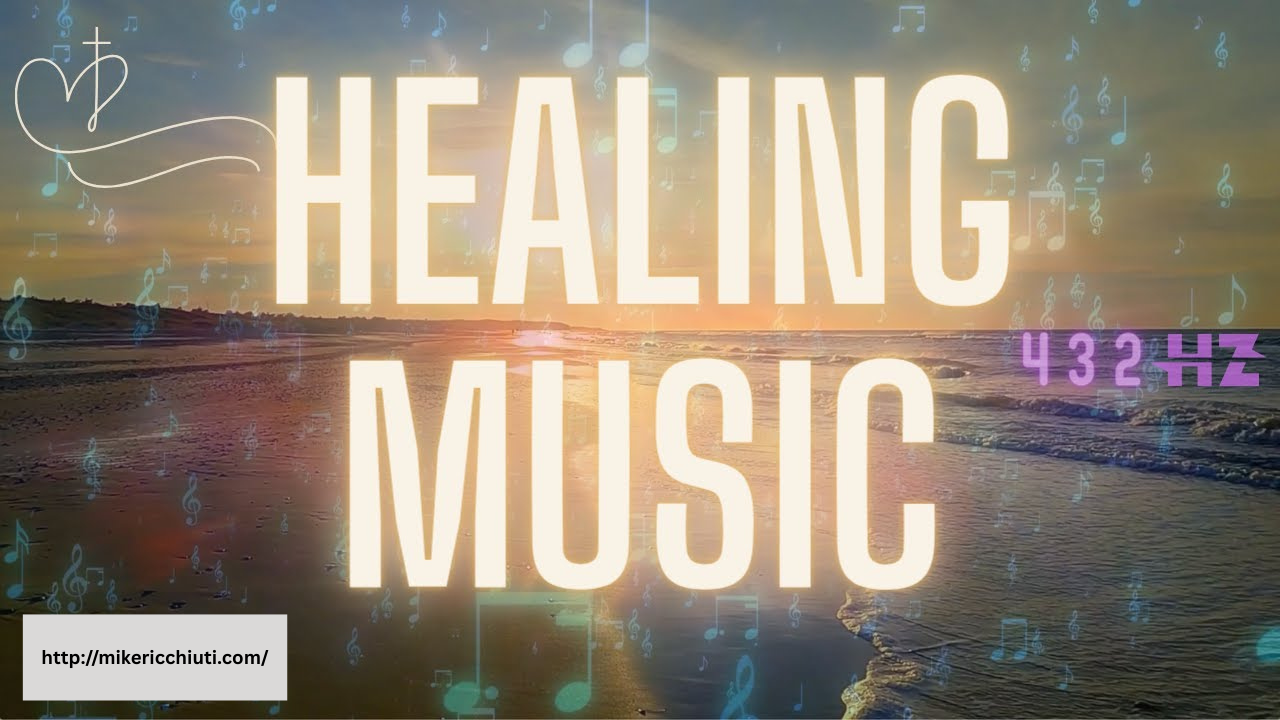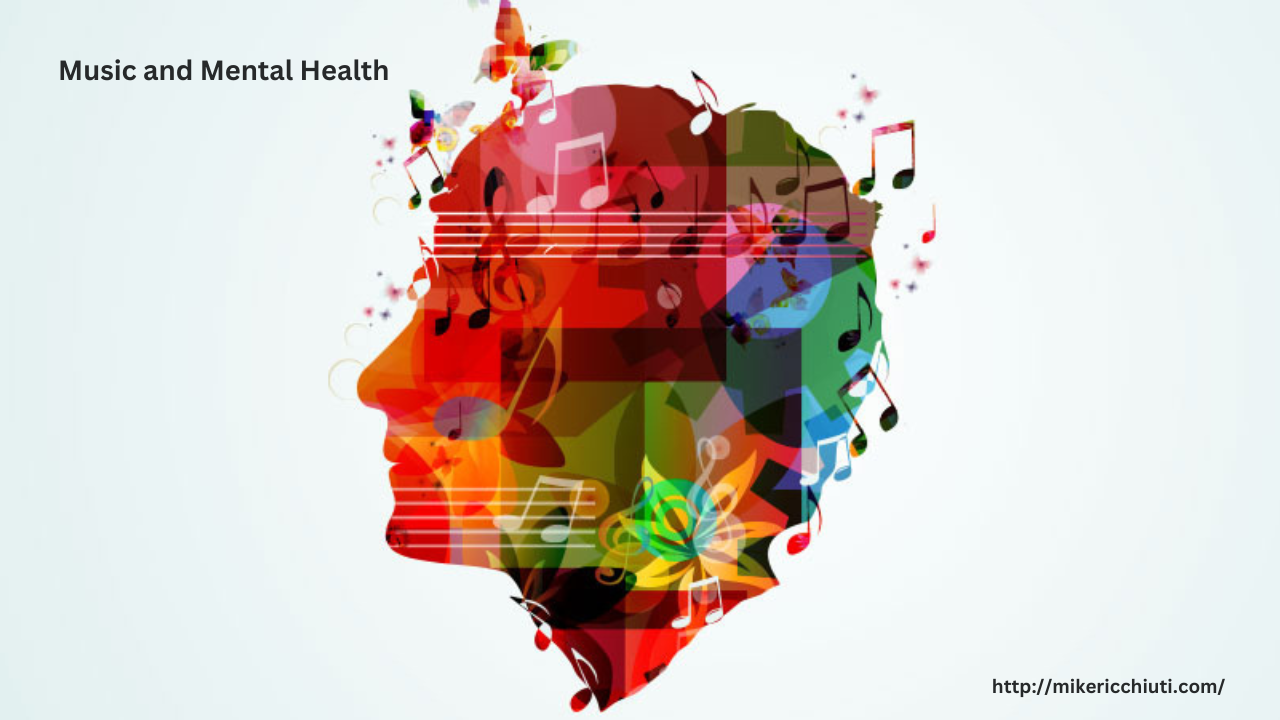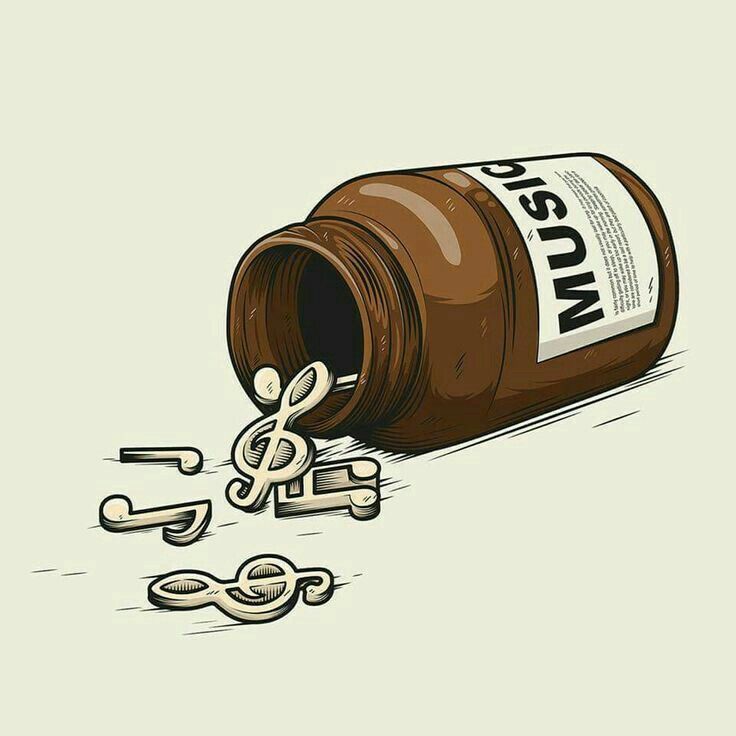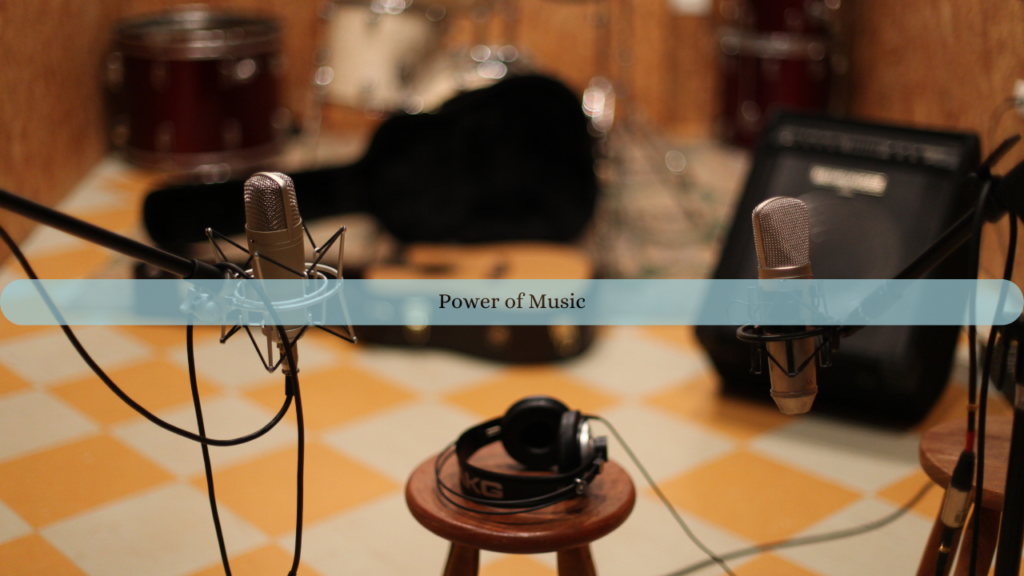
Music has long been celebrated for its ability to soothe the soul, but its benefits extend far beyond entertainment. As a therapeutic tool, music offers profound support for those struggling with mental health conditions such as stress, post-traumatic stress disorder (PTSD), and anxiety. Grounded in neuroscience and emotional psychology, music therapy provides individuals with effective, non-invasive methods to cope, heal, and thrive.
The Science Behind Music and Emotional Regulation
Listening to music engages multiple areas of the brain, including those associated with emotion, memory, and physiological regulation. Studies have shown that music can lower cortisol levels—the hormone responsible for stress—while simultaneously increasing dopamine and serotonin, which are linked to feelings of happiness and relaxation. This biological response to music makes it a natural stress reliever.
Additionally, certain musical rhythms can regulate heart rate, breathing, and blood pressure, leading to a physical state of calm. These physiological effects are particularly beneficial for individuals suffering from anxiety and PTSD, as they often experience heightened states of arousal and emotional dysregulation.
Music as a Stress Management Tool
In today’s fast-paced world, chronic stress is a common concern. Music provides an accessible way to combat this issue. Listening to calming music, such as classical, ambient, or nature-inspired tracks, can promote mindfulness and relaxation. Engaging in mindful listening—focusing entirely on the music—helps distract from stressful thoughts and brings awareness to the present moment.
Incorporating music into daily routines, such as during commuting, exercising, or winding down before bed, can create consistent moments of calm. Over time, these habits can significantly reduce overall stress levels and improve emotional resilience.
Supporting PTSD Recovery Through Music
PTSD is a condition that often results from experiencing or witnessing traumatic events. It is marked by intrusive memories, hypervigilance, and emotional numbness. Music therapy has shown promise in helping individuals with PTSD manage symptoms and process trauma.
Through structured interventions such as guided imagery with music, songwriting, and drumming, individuals can express emotions that may be difficult to articulate verbally. Rhythmic activities, in particular, help regulate the nervous system and can re-establish a sense of safety and grounding. This is crucial for trauma survivors who often feel disconnected from their bodies and emotions.
Music also provides a sense of control and predictability, which can be comforting for those with PTSD. Personalized playlists featuring songs that evoke positive memories or feelings of safety can act as emotional anchors during moments of distress.
Calming Anxiety with Melody
Anxiety is characterized by excessive worry and tension. Music, with its ability to shift focus and calm the mind, serves as an effective tool in managing these symptoms. Slow-tempo, low-pitch music without lyrics is especially effective for reducing anxious thoughts and promoting a state of mental tranquility.
In therapeutic settings, music can also be used to teach breathing techniques and relaxation strategies. When paired with deep breathing exercises, music enhances their effectiveness and fosters a deeper state of calm.
Conclusion
Music is a powerful ally in the pursuit of mental wellness. Its ability to regulate emotions, calm the nervous system, and provide a sense of connection makes it an invaluable tool for managing stress, PTSD, and anxiety. By tuning into the right melodies, individuals can find a path to greater peace, resilience, and emotional well-being.








